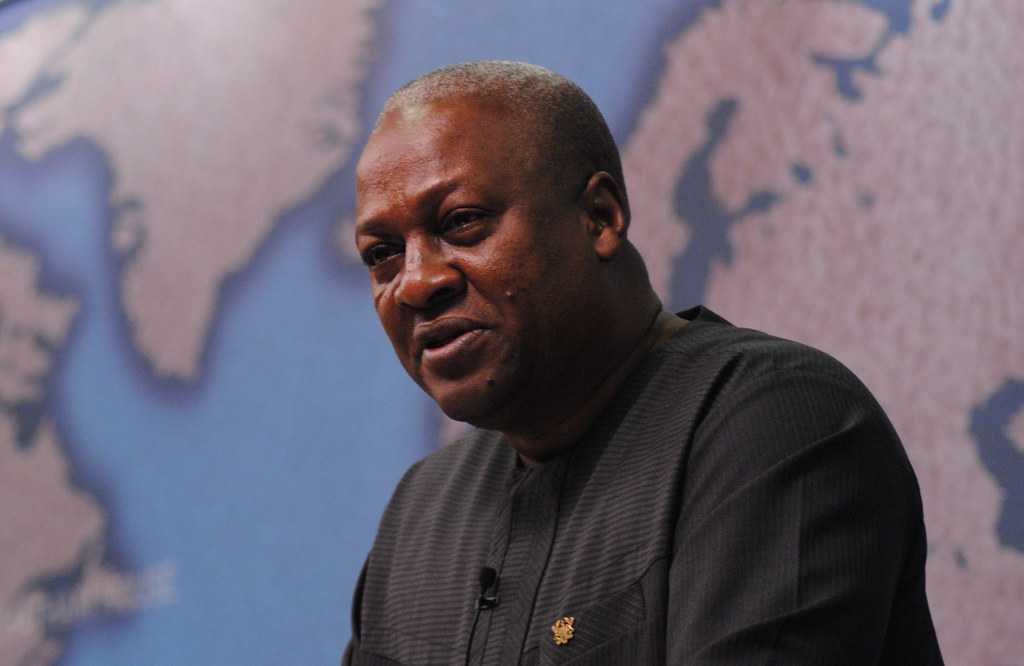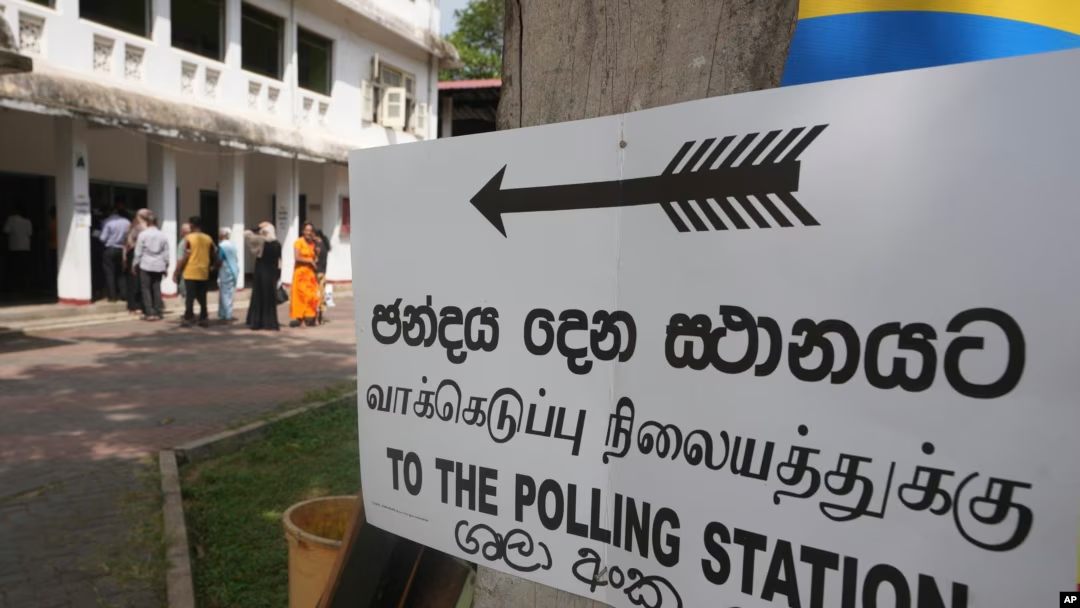What is the role of women in international politics and diplomacy today? In a field commonly dominated by men, women are finding it difficult to carve out a place.
With women taking more prominent roles in government, diplomacy and development, claims of a new era are commonly heard. Hopes are expressed that the influence of women in these roles will help resolve the world’s problems. Some trace the increased influence of women to United Nations Security Council Resolution 1325 on women, peace and security, adopted on 31 October 2000. This resolution reaffirmed the role of women in the prevention and resolution of conflict and their equal participation in peace and security. Further, it urged the world to increase women’s participation in these roles, as well as to protect women and girls in situations of armed conflict.
Building upon the resolution and earlier efforts, the UN has also sought global improvements in the status and health of women, giving such objectives prominence among the Millennium Development Goals in 2000 and in their replacement the Sustainable Development Goals in 2015.
What is Australia doing?
Australia has also made some progress on this front. The country has had its first female governor-general and its first female prime minister and now has its first female foreign minister, as well as opposition foreign affairs spokeswoman. Women now serve as the Minister for Defence and the Secretary of the Department of Foreign Affairs and Trade (DFAT). Australia has appointed a female ambassador for women and girls, and for the first time has a female chief justice.
In April 2017, DFAT and the Australian National University (ANU) organised the Women and National Security Conference. It was well attended, and broke new ground, with men and women participants calling for the demystification of the national security culture, for a gender-based peace dividend and for women to bring a perspective, otherwise absent, to the policy process. Following this, The Global Summit of Women will be held in Sydney in 2018, with 1000 participants from the government and business sectors from 80 countries.
In addition to supporting these events, DFAT has also sought to change its organisational culture. Former Secretary Peter Varghese was concerned about the fact that female diplomats failed to match men’s advancement to higher levels. Even though DFAT had recruited even numbers of men and women since the mid-1980s, only 30 women had reached senior positions. Further study found that women were disadvantaged by unconscious assumptions about capacity, suitable roles and by inflexible working arrangements.
In order to rectify this situation, DFAT launched a Women in Leadership strategy, aiming for career advancement and a more inclusive workplace. The strategy encompasses four major themes: leadership and culture; accountability and inclusion; embedding substantive equality; and mainstreaming work flexibility to dismantle barriers for carers.
The strategy commits DFAT to three- and five-year targets, and by 2020 women will fill 40 to 43 per cent of senior positions. Overseas, in 2016/2017 Australia had 106 diplomatic installations, 364 consular posts and more than 880 diplomats posted overseas; by 2020 close to half of those will be headed by women.
How Australia compares
Internationally, the status of women has been slow to change. Before and during the global financial crisis (GFC) few women were in decision-making positions in economic institutions, and International Monetary Fund Managing Director Christine Lagarde blamed men for the GFC.
Unsurprisingly, with rates of inequality rising, of Australia’s richest 50 people, 45 are men, and the world’s eight richest men have the same wealth as the total of the poorest 50 per cent of the world’s population. Australia has also failed to meet the target of 30 per cent of board seats for women by 2018. In 2017, the rate of such appointments is falling and the boards of 13 of the ASX 200 companies, have no women members. Separately, a selection of banking and broadcasting companies have recently been reported to have misogynistic cultures.
Other cultures have had similar problems. Since 2001, the majority of terrorist attackers have been Muslim men. This year, a group of leading Muslim women in the UK blamed toxic masculinity for terrorist acts and called for recognition of the link between violence against women and other forms of hate. Female-led groups, they claimed, work in a less combative way.
Professor Valerie Hudson argues that violence is higher where women are disempowered. Of national legislators around the world, one in five are women (but East Timor performs exceptionally well). Hudson shows that gender-based violence in households affects a nation’s behaviour, and national aggression is increasingly unconstrained by international law.
Political leaders can set back efforts to establish women as equal political actors. Philippine President Rodrigo Duterte has told his troops they can rape up to three women, adding “I do not want anybody controlling my mouth. I say what I say and I’ve said it and if it does not sit well with you, that’s your problem.” Before his election, US President Donald Trump shared his advice on video about how to approach women: “Grab them by the pussy”.
Although military recruiters actively seek women, in defence establishments women still face barriers to equal participation, as they do in some areas of business. Some women respond by behaving like men, seeing this as the way to get recruited or promoted. Governments say they want more women in their armed forces, but reports of a toxic culture are widespread and deter many women. Some argue it’s wrong for women to be in combat roles: but they don’t explain why it’s wrong for women to kill but right for men.
With the expansion of national security concerns, the power of foreign ministries is in decline and some governments are ignoring treaties and international law, while diplomacy is marginalised as a means of settling disputes. Increasingly, power is migrating to the military-security industry. President Trump has appointed retired generals and top business people to critical diplomatic roles, sidelining those with diplomatic expertise. He has cut US Aid by 32 per cent and the Department of State budget by 30 per cent. The number of people in US military marching bands is now 6,000, double the number of Department of State Department staff.
Would the world be different with women in charge?
Looking to the future, many have asked how different the world would be with women playing a greater role. Earlier this year The Guardian ran an online survey, “What if women ruled the world?” which produced a range of responses. Among them:
- Men kill more people than women.
- The first job of women in charge is to liberate men.
- Societies work better with less violence and instability, and more peace.
- Our current social system is built on reproductive exploitation.
- There’s no certainty that anything would change. Which women would be in charge?
- Women in a man’s world out-man the men—consider Margaret Thatcher, Marine Le Pen, and Hillary Clinton.
- Generalised binaries are uninformative, and polarising people as male and female is counterproductive—equality, not exclusion is the aim.
But ‘what if women ruled the world’ is not the right question. It produces nothing useful, apart from identifying the bad decisions made mainly by men that give rise to the assumption that women would do better. Men migrate to where the power and money are, marginalising the role of diplomacy and international law. By allowing men to dominate the military and national security industry we have failed to use women’s capacities and address their concerns. This has produced a dangerous world and brought it to the brink of nuclear war and environmental disaster.
Bringing more women into the top international positions, the boardrooms and cabinet rooms can do no harm and may do some good. A change of our current direction is imperative.
Dr Alison Broinowski FAIIA is a former Australian diplomat and fellow of the Australian Institute of International Affairs. She has written and edited 14 books about Australia and the world.
This article is published under a Creative Commons Licence and may be republished with attribution.




